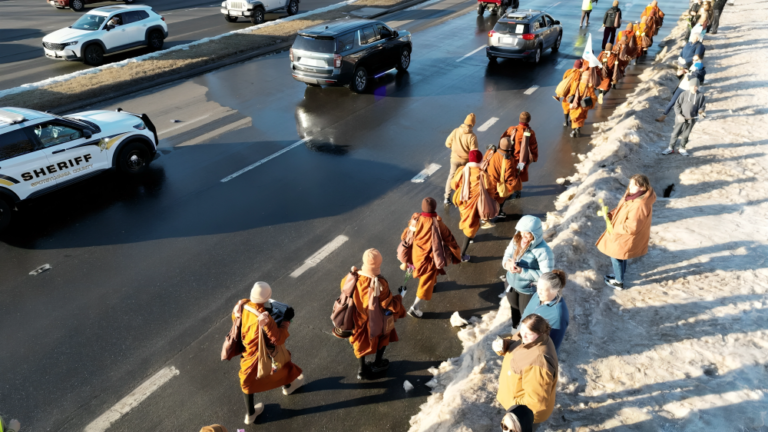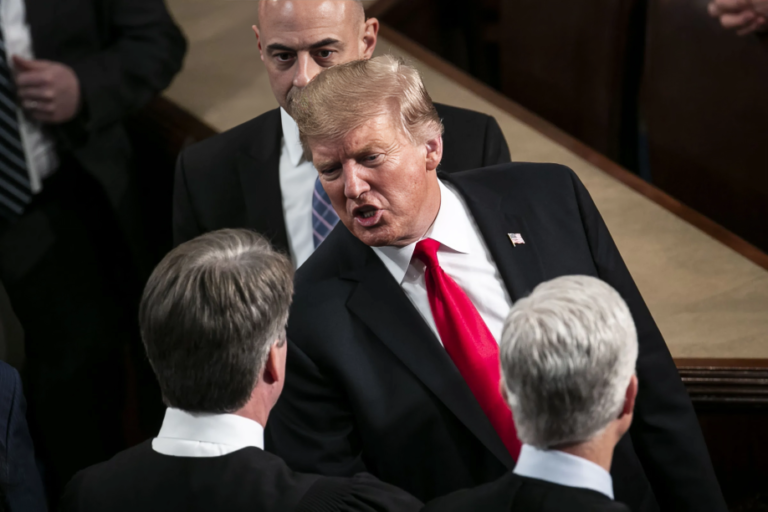South Korean President Yoon Suk Yeol is bracing for a pivotal impeachment vote on Saturday, following a controversial attempt to impose martial law that sent shockwaves across the nation. The move, made on December 3, was swiftly revoked within six hours after parliament rejected it, leading to a constitutional crisis and mounting calls for his resignation.
Opposition parties are set to convene for the impeachment vote at 4 p.m. (0700 GMT), coinciding with large-scale demonstrations. Yoon’s conservative People Power Party (PPP) had previously boycotted an earlier vote, obstructing a quorum. However, PPP leader Han Dong-hoon has since urged members to support impeachment, with at least seven PPP lawmakers declaring their intention to vote for it.
The opposition controls 192 of the 300 seats in the National Assembly, requiring at least eight PPP votes to reach the two-thirds majority needed for impeachment. Ahn Cheol-soo, a PPP lawmaker supporting the impeachment, stated on Facebook that he would vote for it to ensure swift stabilization of the economy and public welfare.
Despite this, the PPP’s official stance remains against impeachment, with party lawmakers scheduled to meet Saturday morning to reassess their position. If impeached, Yoon would lose authority but remain in office until the Constitutional Court makes a ruling. In the interim, Prime Minister Han Duck-soo would assume the role of acting president. Should Yoon be removed or resign, a presidential election would be mandated within 60 days.
Yoon is also under criminal investigation for alleged insurrection related to the martial law declaration and has been barred from international travel. He has shown no inclination to resign, stating in a recent speech that he would “fight to the end” and defended the martial law decree as essential to overcoming political deadlock and safeguarding democracy.
Despite the turmoil, Yoon’s supporters remain divided. A recent Gallup Korea poll indicated that two-thirds of Yoon’s party supporters oppose impeachment, though overall, three-quarters of respondents favor it. Elected in 2022, Yoon initially received a warm welcome from Western leaders for his defense of global democracy, but critics argue this obscured significant domestic issues.
The ongoing crisis has unsettled financial markets and jeopardized South Korea’s reputation as a stable democracy. However, South Korean shares rose for the fourth consecutive session on Friday, buoyed by hopes that the political uncertainty might soon abate.











+ There are no comments
Add yours